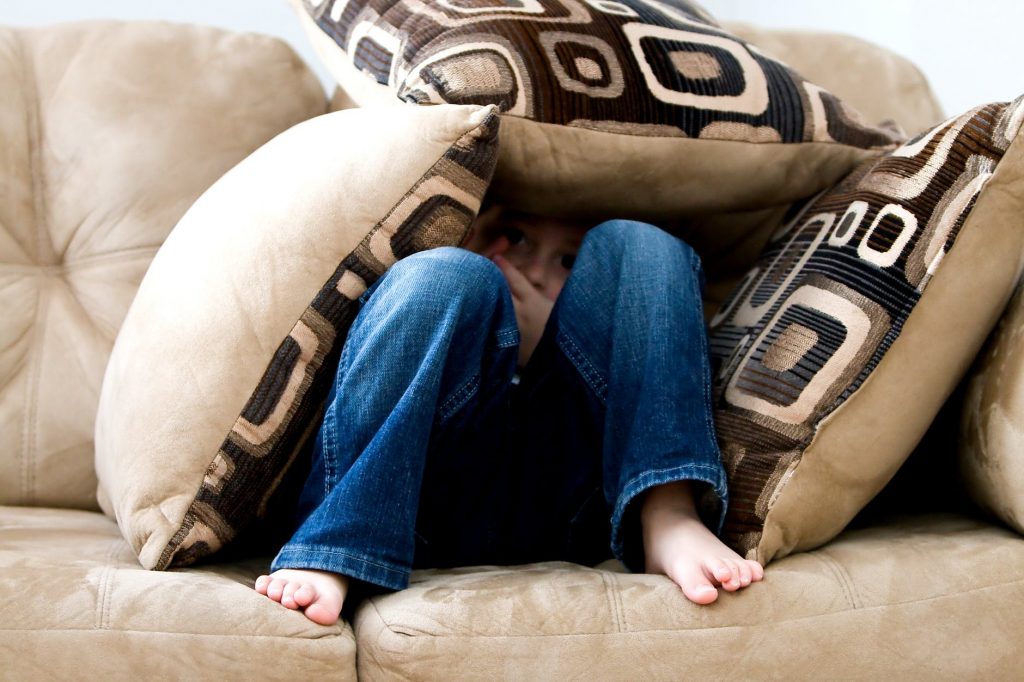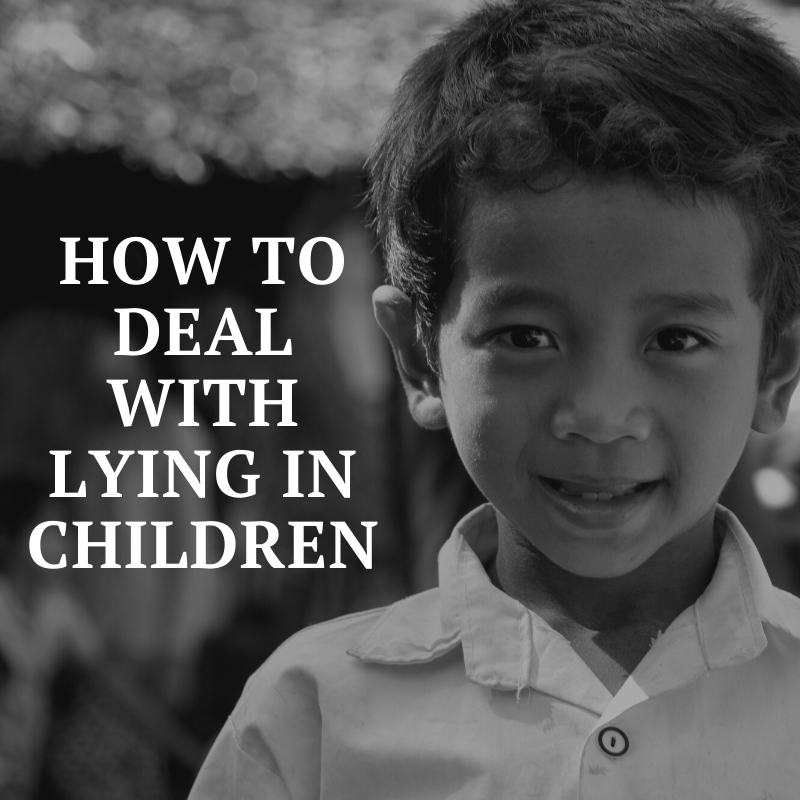Reasons why my child is using foul language
Kids are always studying how to converse and communicate with people. When your kid picks up a new swear word at kindergarten or from another kid in your society, the prospects are, he will want to try it out at the house. And when other kids start laughing when he uses the word, it will give him the confidence to repeat uttering the word.

Toddlers also study by copying themselves on others. For your kid, this often involves imitation, particularly of people he looks up to and loves, such as family members and older siblings. Thus, he may pick up certain words and behaviors to fit in, without knowing what they mean.
This is the usual stage in your child’s development. Your curious child has acquired a new skill, one that is different and thrilling.

What should you do about swearing and abusive language?
It does not matter where the language comes from, though it is never too early to teach your child that it is not tolerable. Here are some tips on how you can make your little one comprehend:
Maintain a straight face
When your preschooler uses abusive language, says a swear word, oppose the urge to giggle, which he will take as superb support for doing it again.
The capability to make adults giggle or annoy or distress is very powerful when you are little. And even if it seems hilarious or amusing to hear your toddler repeating some wrong words unknowingly, showing your enjoyment is not in his best interests.
Though difficult to practice, try to pay no heed to rude language the first time your child uses it. It may happen that he would not repeat it if it does not get him the reaction he was searching for.
Evaluate the environment
Children usually imitate behavior and language that they have heard. Although they might have an idea that it is something that is not permitted, they do not know the connotation of the words themselves. If your kid hears you or other family members swearing on a day-to-day basis, he is likely to choose these up and reiterate them. If you swear in front of him, admit and apologize that you should not have said it.
Speak to everyone within the family which also includes the household staff. No one should use bad language in front of your toddler. If they end up saying something inappropriate they should apologize.
Teach respect
Children need support and motivation to study about respectful behavior and the disparity between “good” and “bad”. Kids need to know right away when their behavior is improper, whether it is swearing, kicking or hitting. Wait for a few minutes if you need to pacify, and then tell him that foul words are not allowed. Also tell him that it is not okay to use swear words and this is not tolerated at preschool or daycare, on the playground, at friends’ houses and even their home.

Remember that all children go through this stage at some point or another. The possibility is that with a little patience and guidance, your toddler will get the message that it is not acceptable behaviour.









